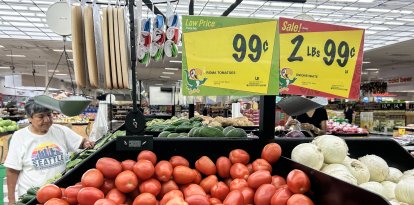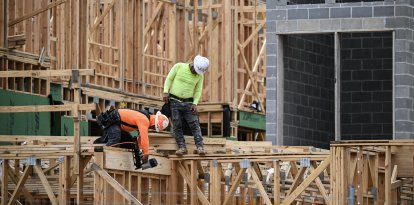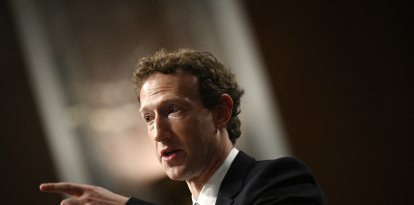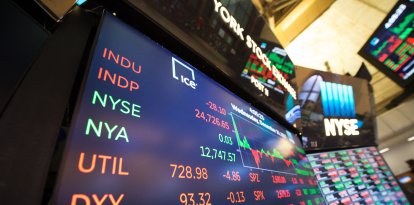Socialism in California: Newsom passes bill for state control over fast food industry
The Governor of California gave the green light to AB 257, which implements economic interventionism through the imposition of wages and public guardianship of workers.
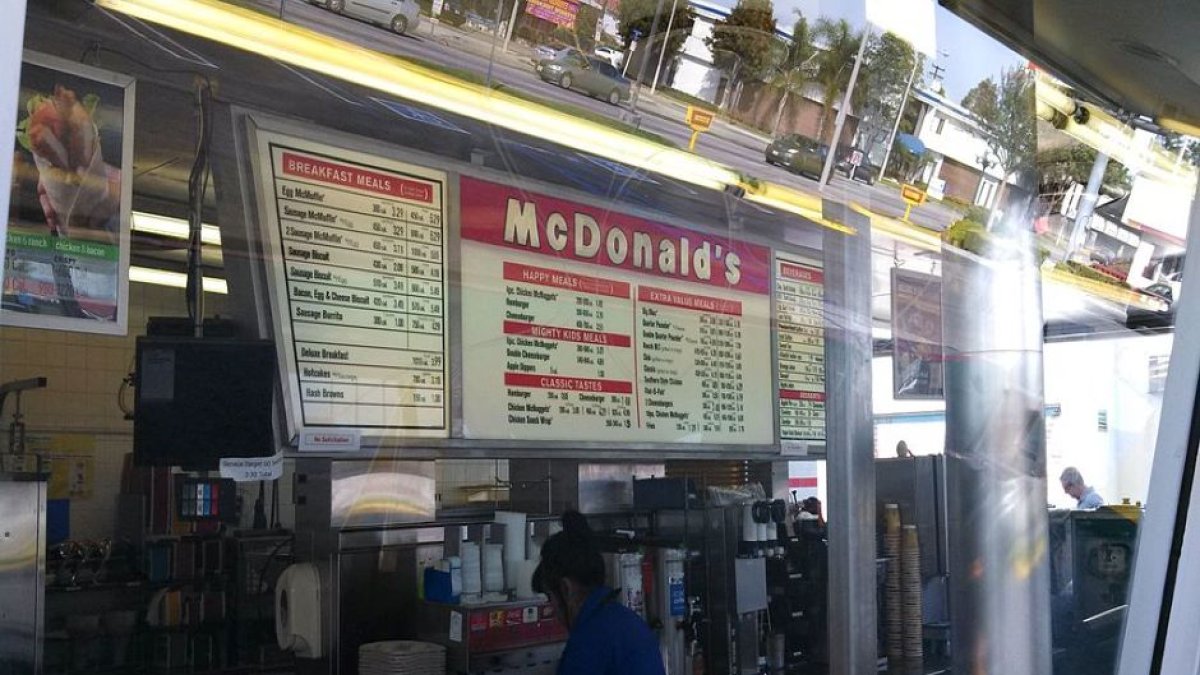
(Wikimedia Commons)
California Governor Gavin Newsom signed legislation Monday . According to its supporters, this measure will give a voice to workers in the industry and in practice is a measure of control over the free market.
Newsom's signature on Assembly Bill 257 allows for the creation of the 'Fast Food Council,' composed of 10 members appointed by state officials with workers' delegates, employers' representatives and two government officials who will establish standards with regards to minimum wages, hours and working conditions in the sector.
Companies such as McDonalds asked their franchisees to send letters to legislators to vote against the law. Otherwise, the company could stop expanding in California and even leave the state altogether. Nevertheless, Newsom gave the go-ahead for state control over fast food companies.
"California is committed to ensuring that the men and women who have helped build our economy are able to share in the state's prosperity," Governor Newsom said. "Today's action gives fast food workers a stronger voice and a seat at the table to establish fair wages and critical health and safety standards across the industry," he added in a statement.
What is the Fast Act?
The Fast Act, Recovery Act or AB 257 creates the 'Fast Food Council' and allows California cities and counties with a population of 200,000 or more to create their own local councils to make recommendations to the state council.
The original bill, passed in January, required large chains to be joint employers with their franchisees, which could expose them to liability for labor violations by the latter. However, pressure from these large companies resulted in amendments that modified the final content of the law.
Opponents of the bill warn that the regulation will cause product prices to rise in a context of skyrocketing inflation and warn of a control over private businesses that is typical of socialism. Senator Brian Dahle, candidate for governor of California, warned about this price hike and the move to unionize fast food workers.
According to the University of California's Center for Economic Forecasting and Development, California consumers can expect to pay 20% more at local restaurants should the legislation go forward. Even the California Department of Finance opposed the bill stating that it would create a "fragmented regulatory and legal environment for entrepreneurs and increase costs in the long run."
On the contrary, several Democratic representatives expressed their satisfaction with this law and hope that it will be extended throughout the country.













